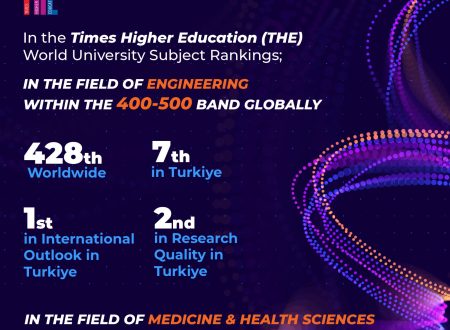The recent increase in meningitis cases reported in the media has raised concerns among families and healthcare communities. Experts are emphasizing the need for public awareness of this rapidly progressing infectious disease.
Prof. Dr. Nuriye Taşdelen Fışkın, faculty member of the Department of Infectious Diseases and Clinical Microbiology at Istinye University Faculty of Medicine, issued warnings especially about cases caused by the Neisseria meningitidis bacterium.
“Meningitis is an inflammation of the membranes surrounding the brain, triggered by microbial invasion. It carries risks of death or permanent disability. The recent cases reported are linked to Neisseria meningitidis. This bacterium tends to affect healthy individuals, especially children and young adults, and can lead to fatal outcomes within hours,” she said.
Is There an Outbreak in Türkiye?
Highlighting that Neisseria meningitidis can cause periodic outbreaks in various parts of the world, Prof. Dr. Taşdelen Fışkın said:
“In our country, these infections are considered endemic. However, due to the lack of access to current surveillance data, we cannot definitively say whether there is an ongoing outbreak.”
She also shared that a cluster of 11 meningococcal cases was reported between January and March 2025 among individuals returning from Umrah pilgrimage.
Who Is at Risk?
“Meningococcal bacteria most commonly affect children under one year of age, young adults aged 16–23, and immunocompromised individuals,” said Prof. Dr. Taşdelen Fışkın. “Especially fast-progressing cases of meningococcemia can lead to shock and death within hours, so public vigilance is critical.”
Watch for Symptoms
“Symptoms can include fever, headache, nausea, rash, vomiting, confusion, and even coma. In some cases, severe meningococcemia may develop without preceding meningitis. In these instances, immediate medical intervention is vital,” she added.
Preventive Treatment for Close Contacts Is Essential
Prof. Dr. Taşdelen Fışkın stressed the importance of administering preventive antibiotics to people who have had close contact with infected individuals, including:
- Household members,
- Classmates, daycare attendees, or dormitory/military dorm residents
- Individuals with close physical contact with the patient
- Seatmates on long flights
- Healthcare workers who provided care without protective equipment
“These individuals should receive antimicrobial prophylaxis within the first 24 hours ideally, but it can still be effective up to 14 days post-exposure,” Prof. Dr. Fışkın noted.
Vaccination Offers Protection
Regarding immunization against meningitis, Prof. Dr. Fışkın explained:
“We have effective vaccines available. Conjugate polysaccharide vaccines for the ACWY serogroup and recombinant protein-based vaccines for the B serogroup are used. These vaccines are especially crucial for infants, young adults, and those with compromised immune systems.”
To prevent meningitis, experts recommend observing hygiene practices in crowded environments, ensuring that at-risk individuals are vaccinated, and seeking medical attention as soon as symptoms appear.







